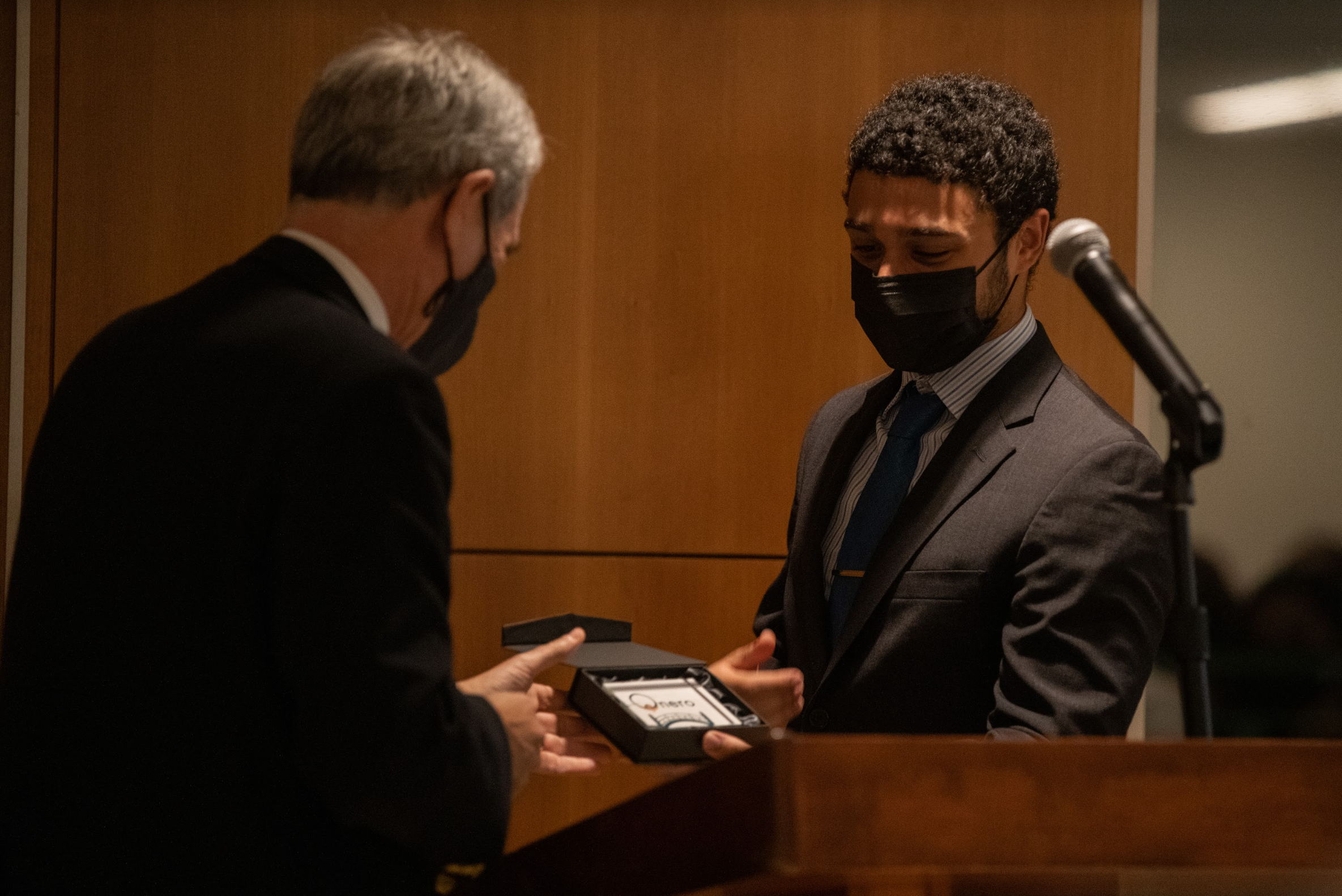
Research
Date Published
- April 2025
- March 2025
- February 2025
- January 2025
- December 2024
- November 2024
- October 2024
- September 2024
- August 2024
- July 2024
- June 2024
- March 2024
- February 2024
- October 2023
- March 2023
- February 2023
- January 2023
- November 2022
- October 2022
- January 2022
- November 2021
- October 2021
- August 2021
- July 2021
- March 2021
- September 2020
- August 2020
- July 2020
- February 2020
Filters to only view publications from a particular program:
Contextualizing the Modern Captagon Trade
This is the first in a multi-part series exploring Captagon and the future of the amphetamine trade inside the Middle East. In this article, we contextualize the importance of Captagon and explore its associated trade to both the former Assad regime and various non-state actors within the Middle East.
Western Responses to Gender Apartheid in Afghanistan: Diplomacy, Sanctions, and Unintended Consequences
In August 2021, the Taliban seized control of Afghanistan’s government, bringing with them a sweeping series of socio-political reforms that have instituted a system of gender apartheid on Afghan women. Since taking power, the Taliban has issued over 80 edicts aimed at suppressing women and girls in Afghanistan and erasing them from public life. Passed in August 2024, the latest in this series of edicts, a ban on women speaking in public, demonstrates just how cruel and draconian the Taliban regime is when it comes to women's rights. These gender-based restrictions have further complicated the establishment of the Taliban’s diplomatic relations, particularly with the Western world, which largely views the edicts as extreme. This widespread international condemnation has often had unintended negative effects, deepening the suffering of the Afghan people without weakening the Taliban’s grip on power.
How Has Russia Resisted Sanctions? A Strategic Overview
Russia has developed a comprehensive strategy to withstand and adapt to Western sanctions, involving immediate retaliatory actions, state support, and long-term efforts to reduce economic dependence on the West. By reviewing Russia’s sanctions response strategies, this article seeks to provide policymakers with insight into the strategies adversaries employ to counteract the effects of economic statecraft.
Ukraine’s Gas Pipelines: an Opportunity to Reflect on Europe’s Energy Politics
The expiration of the Russia-Ukraine gas transit deal—which will cut Russian gas flow to Europe by 30%, from an already reduced 35% of 2021 levels—underscores Europe's structural and political challenges in fully eliminating reliance on Russian energy.
Europe’s Incomplete Decoupling from Russian Gas: Sanctions, Shadow Fleets, and Third-Party Deals
Despite sanctions and efforts to diversify energy sources, Europe has not fully decoupled from Russian gas. Indirect purchases through third-party countries, long-term contracts, and Russia's shadow fleet enable Russian energy to continue flowing into Europe via complex, covert channels.
The Impact of the Russia-Ukraine War on Russia-North Korea Relations
The Russia-Ukraine War has strengthened Russia-North Korea ties, leading to military and economic cooperation, mutual sanctions evasion, and heightened concerns about regional security and destabilization of international peace efforts
The Rationality of the Iranian Regime: An Analysis of Why Iran’s Leaders Want Nukes
Why has Iran resolved to ensure crippling sanctions and exist as a pariah state in the international system? Is the Iranian leadership rational for seeking nuclear weapons?
El Virus, el Bloqueo, y los Ideólogos: U.S. Sanctions on Venezuela and Pandemic Politics
U.S. justifications for increasing sanctions on Venezuela in recent months have been ideological as well as humanitarian. Venezuela, which has experienced a shocking descent into political and economic chaos over the past decade, has a history of emancipatory struggle and socialist revolution which informs every decision U.S. policy architects make when dealing with the turbulent country. Under President Trump’s administration, the strength of the United States’ capitalist and democratic convictions has collided with the authoritarian, centralized nature of the Maduro regime in a way that has exacerbated, rather than alleviated, the immense stress on the Venezuelan population. Combined with the devastating effects of the COVID-19 pandemic, these sanctions and ideological battles are proving deadly to the country’s citizens and its budding government opposition. The Critical Theory of International Relations demands that we as Americans re-evaluate our attitude towards Venezuela, keeping in mind the moral responsibilities we have to encourage freedom and justice. It is time to heed the call of a new moral expectation: to relieve Venezuelans’ suffering and rewrite our policies in a new era of global challenges.










